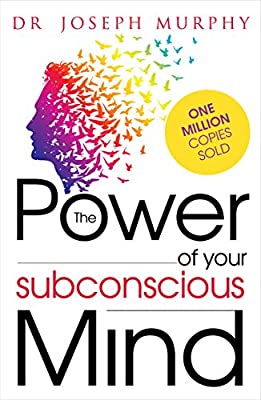
A THREAD on key ideas from the book "Better Than Before: Mastering the Habits of Our Everyday Lives" by Gretchen Rubin:
1/
Habits make change possible by freeing us from decision making and from using self-control.
1/
Habits make change possible by freeing us from decision making and from using self-control.

2/
Technology is a good servant but a bad master.
Technology is a good servant but a bad master.
3/
Self-measurement brings self-awareness, and self-awareness strengthens our self-control.
Self-measurement brings self-awareness, and self-awareness strengthens our self-control.
4/
It is by studying little things, that we attain the great art of having as little misery and as much happiness as possible.
It is by studying little things, that we attain the great art of having as little misery and as much happiness as possible.
5/
By mindfully choosing our habits, we harness the power of mindlessness as a sweeping force for serenity, energy, and growth.
By mindfully choosing our habits, we harness the power of mindlessness as a sweeping force for serenity, energy, and growth.
6/
The biggest waste of time is to do well something that we need not do at all.
The biggest waste of time is to do well something that we need not do at all.
7/
The desire to start something at the “right” time is usually just a justification for delay. In almost every case, the best time to start is now.
The desire to start something at the “right” time is usually just a justification for delay. In almost every case, the best time to start is now.
8/
We won’t make ourselves more creative and productive by copying other people’s habits, even the habits of geniuses; we must know our own nature, and what habits serve us best.
We won’t make ourselves more creative and productive by copying other people’s habits, even the habits of geniuses; we must know our own nature, and what habits serve us best.
9/
The most important step is the first step. All those old sayings are really true. Well begun is half done. Don’t get it perfect, get it going.
The most important step is the first step. All those old sayings are really true. Well begun is half done. Don’t get it perfect, get it going.
10/
I should pursue only those habits that would make me feel freer and stronger.
I should pursue only those habits that would make me feel freer and stronger.
11/
When we do stumble, it’s important not to judge ourselves harshly.
People who feel less guilt and who show compassion toward themselves in the face of failure are better able to regain self-control, while people who feel deeply guilty and full of self-blame struggle more.
When we do stumble, it’s important not to judge ourselves harshly.
People who feel less guilt and who show compassion toward themselves in the face of failure are better able to regain self-control, while people who feel deeply guilty and full of self-blame struggle more.
12/
I should make one healthy choice, and then stop choosing.
I should make one healthy choice, and then stop choosing.
13/
It’s a secret of adulthood: I can’t make people change, but when I change, others may change; and when others change, I may change.
It’s a secret of adulthood: I can’t make people change, but when I change, others may change; and when others change, I may change.
• • •
Missing some Tweet in this thread? You can try to
force a refresh








